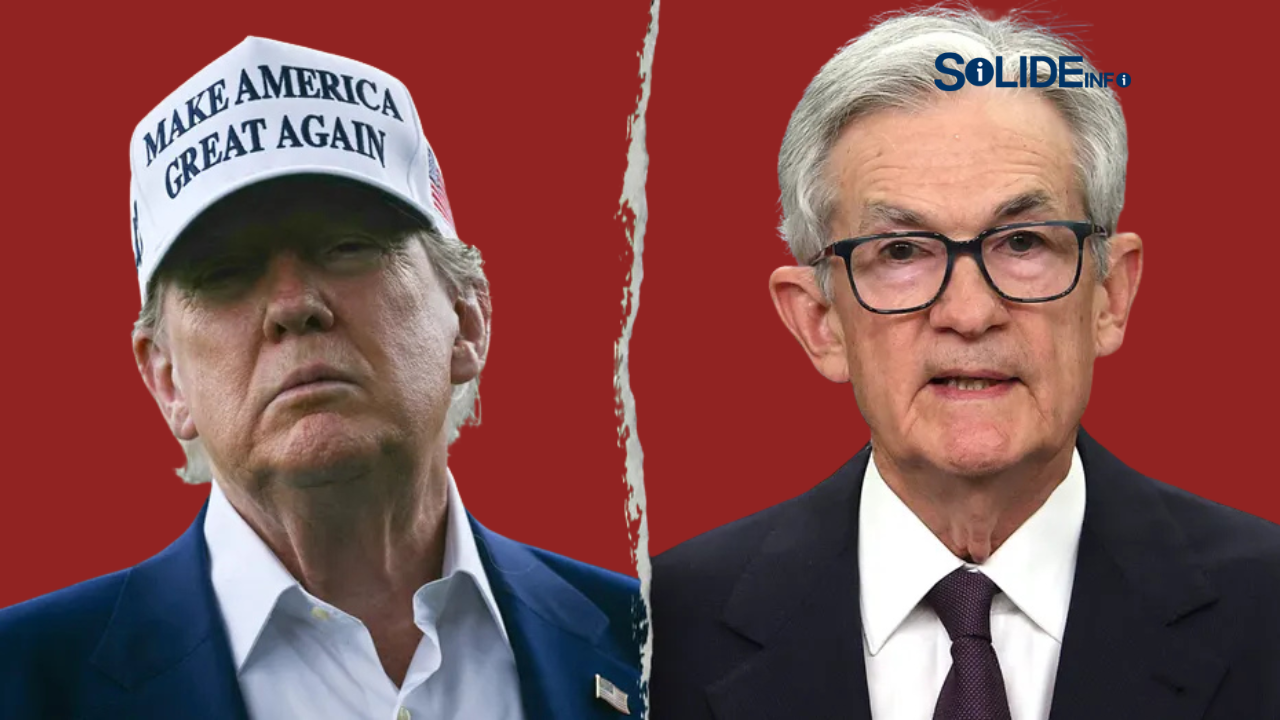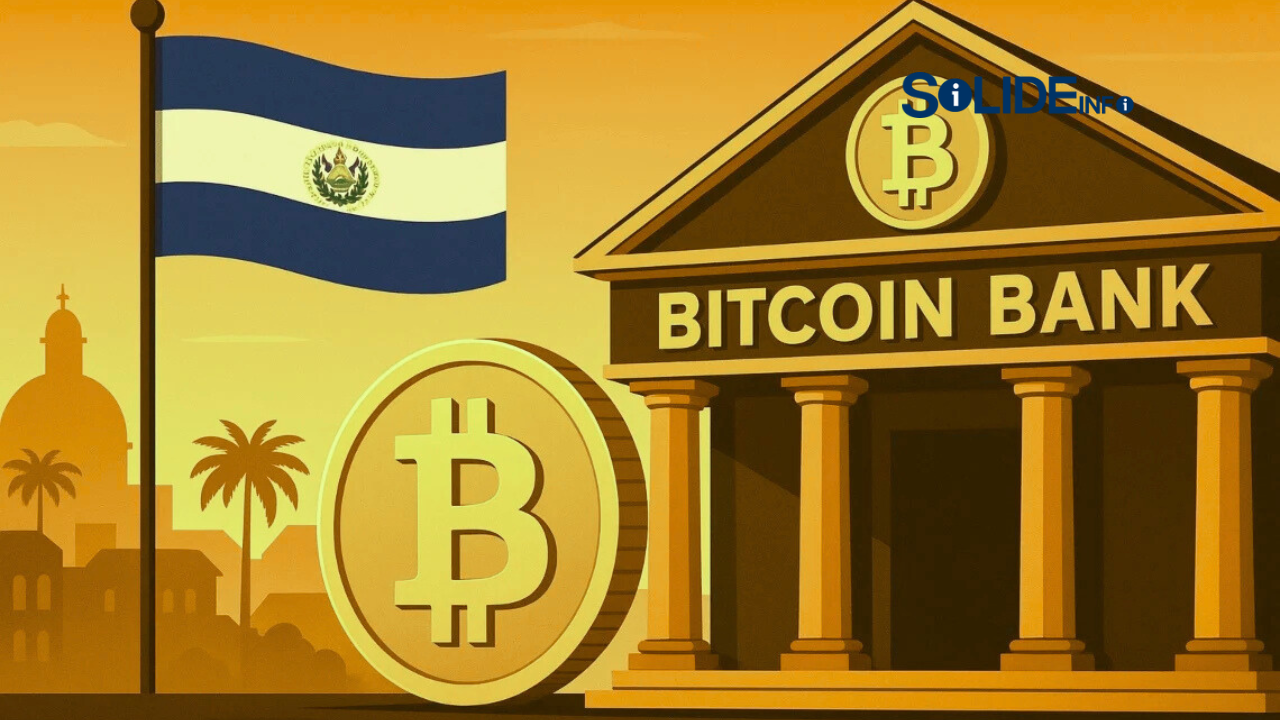Federal Reserve Chair Jerome Powell finds himself in a delicate balancing act as new political and economic pressures loom large. With inflation persistently higher than desired despite recent cooling, Powell has signaled that the central bank remains firmly committed to holding interest rates steady until there’s clear evidence that inflation is sustainably moving toward the 2% target. This cautious stance arrives just as former President Donald Trump has reignited a fiery debate by threatening sweeping new tariffs if re-elected, escalating tensions between economic stewardship and political maneuvering and putting the Federal Reserve’s independence firmly in the spotlight.
Powell’s Unyielding Position on Monetary Policy
While recent months have shown welcome moderation in price growth, Jerome Powell has underscored that the battle against inflation isn’t yet won. In recent public communications, he emphasized that progress remains “fragile,” and the Federal Reserve requires significantly more confidence before contemplating rate cuts. This stance means borrowing costs will likely stay elevated for longer, burdening consumers and businesses with pricier mortgages, auto loans, and credit card debt. Powell argues this persistence is crucial to prevent the economy from lapsing back into the inflationary spiral witnessed over the past two years. Rising geopolitical tensions and potential supply chain disruptions further complicate the picture, strengthening Powell’s resolve. His focus remains squarely on hard data rather than external demands. This approach reflects the Fed’s dual mandate but has drawn criticism from those eager for relief amid signs of economic uncertainty impacting sectors like tech investments and manufacturing.
Trump’s Tariff Threats Amplify Inflation Fears
Amid this backdrop, Donald Trump’s proposals for steep, universal tariffs on imports—potentially reaching 10% or more—have sent ripples through markets and policy circles. Economists widely agree that such broad-based tariffs act as a tax, raising prices for consumers and businesses by increasing the cost of imported goods and allowing domestic producers to hike their own prices. This could directly undermine the Federal Reserve’s efforts to cool inflation. Past rounds of tariffs implemented during Trump’s presidency contributed to price pressures, and analysts warn a new wave would likely have a larger, more immediate impact now, given stubborn underlying inflation. Such political interventions risk destabilizing the fragile progress on inflation, potentially forcing the Federal Reserve into an even more restrictive stance to counteract them. This collision of trade policy ambitions and anti-inflationary goals heightens uncertainty for the entire US economy, affecting everything from cybersecurity budgets for firms safeguarding digital supply chains to small business planning, even influencing investments in solutions offered by IBM Security designed to mitigate operational risks amidst volatility.
Why Central Bank Independence Matters Now More Than Ever
The simmering tension between Trump’s aggressive trade rhetoric and the Federal Reserve’s rigid inflation fight underscores the vital importance of central bank independence. Jerome Powell has consistently maintained that monetary policy decisions must remain insulated from short-term political pressures to effectively manage long-term economic stability. History demonstrates that when central banks bend to political pressure on interest rates or allow coordination with partisan fiscal or trade agendas, the consequences often include entrenched inflation, damaging market volatility, and eroded public trust. Protecting this independence is critical as new threats emerge, potentially requiring coordinated defense mechanisms akin to strategies found in robust cybersecurity frameworks for economic institutions. While elected officials set trade policy, Powell repeatedly stresses that monetary policy tool effectiveness depends critically on operational autonomy grounded in economic analysis, not political calculus. Maintaining this firewall is essential for navigating the combined hazards of volatile trade policy and persistent inflation, ensuring the Fed can safeguard the US economy even amid external shocks requiring agile response strategies, similar to those outlined by CISA guidance for critical infrastructure resilience.



